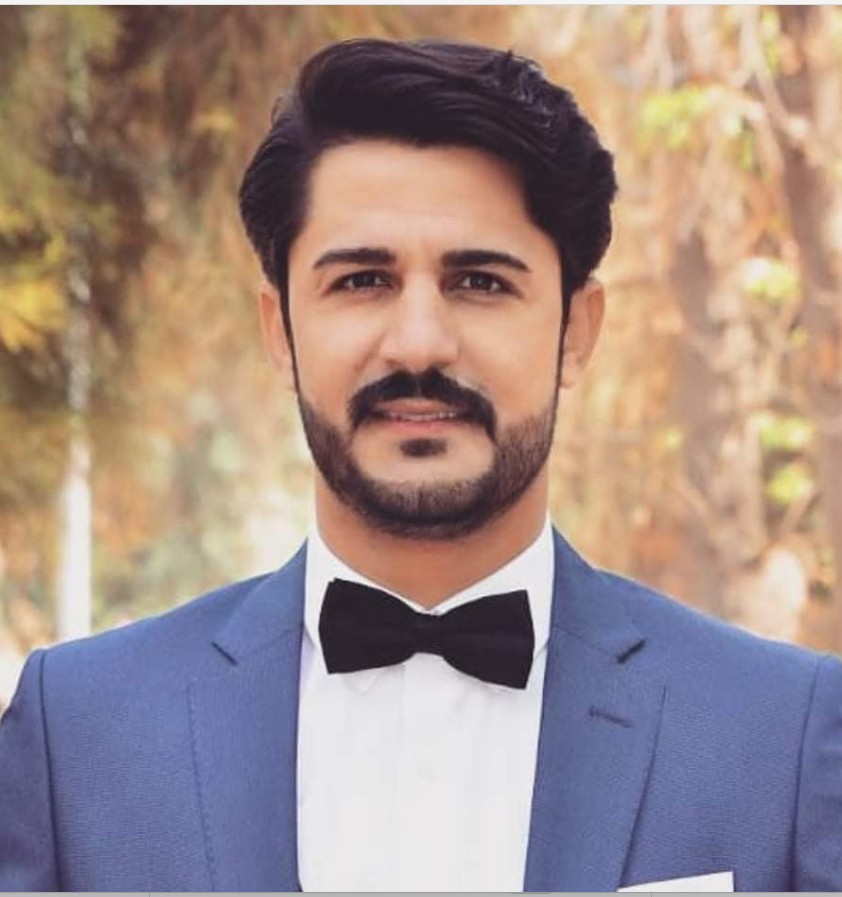The light of freedom of expression is fading in the Kurdistan Region and Iraq
Rebas Hawla Mustafa
Freedom of expression and belief is a fundamental human right, an essential pillar of any democratic society. It means that every individual has the right to think freely, speak openly, and hold beliefs without fear of persecution. A society that fails to protect these rights is one that closes itself off to progress, dialogue, and innovation.
As a journalist and human rights advocate, I have long stood for these principles. I believe that a free society must allow for a diversity of thought, where all voices especially critical ones can be heard without fear. Freedom of expression is not just a right; it is the lifeblood of democracy.
But in the Kurdistan Region and Iraq today, this freedom is under siege.
The two dominant parties the Kurdistan Democratic Party (KDP) and the Patriotic Union of Kurdistan (PUK) have built a system that does not tolerate dissent. Journalists, activists, and intellectuals who speak out against corruption or abuse of power often face threats, imprisonment, or even assassination. These are not just isolated incidents they are part of a broader pattern of silencing opposition and consolidating control.
Many brave voices have paid the ultimate price. Teachers, students, writers, and reformers have been targeted simply for exercising their right to speak out. And yet, not a single official from the ruling parties has been brought to justice. The judiciary, rather than acting independently, has been co-opted by political interests and now functions as a tool of repression rather than justice.
Worse still, both the KDP and PUK have established internal units to monitor and intimidate critics, creating an atmosphere of fear and surveillance. Instead of promoting democratic values, they have created a closed, authoritarian system that punishes freedom and rewards loyalty to party, not principle.
How can freedom of expression survive under such conditions? How can people protest, hold peaceful demonstrations, or organize for change when every form of dissent is seen as a threat to those in power?
The situation in Baghdad is no better. Power there is dominated by Iran-backed militias like the Popular Mobilization Forces (Hashd al-Shaabi), which have strangled Iraq’s young democracy. It is fair to say Iraq has become a failed state governed not by law, but by fear and foreign influence.
That’s why we, as a people, must stand united. It is time to confront this system, to expose its injustice, and to push for a true democratic transformation in the Kurdistan Region. We must build a government that is accountable to its people, not one controlled by family dynasties, militias, or corrupt elites.
We, too, deserve to live in freedom just like people in other democratic nations. We must honor the sacrifices of millions of Kurds who have struggled and suffered for freedom, by ensuring that their dreams are not betrayed.
I say this not just as a journalist, but as someone who has spent years fighting for the basic right to speak and write freely. And I call on my fellow journalists, activists, and freedom seekers to rise up together. Let us start a new chapter. Let us create real change for the next generation.
Let Kurdistan be a home for truth, for justice, and for free minds.
Author Profile
- Diyar Harki is an independent investigative journalist and human rights advocate. As a member of the National Union of Journalists (NUJ), he focuses on exposing corruption and human rights abuses in Kurdistan and Iraq. He voluntarily contributes to Kurdfile Media.
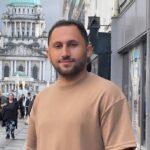 Kurdistan18 January 2026Will the Terrorists Be Released?
Kurdistan18 January 2026Will the Terrorists Be Released? Opinion17 January 2026A Risk That Could Reshape the Kurdistan Region
Opinion17 January 2026A Risk That Could Reshape the Kurdistan Region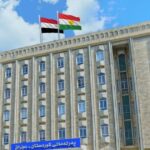 Reports7 January 2026Kurdistan MPs Receive Millions in Salaries as Parliament Remains Paralyzed
Reports7 January 2026Kurdistan MPs Receive Millions in Salaries as Parliament Remains Paralyzed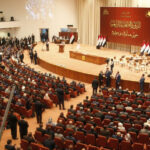 Political3 January 202634% of Kurdish MPs in Iraqi Parliament Lack Arabic Proficiency
Political3 January 202634% of Kurdish MPs in Iraqi Parliament Lack Arabic Proficiency
